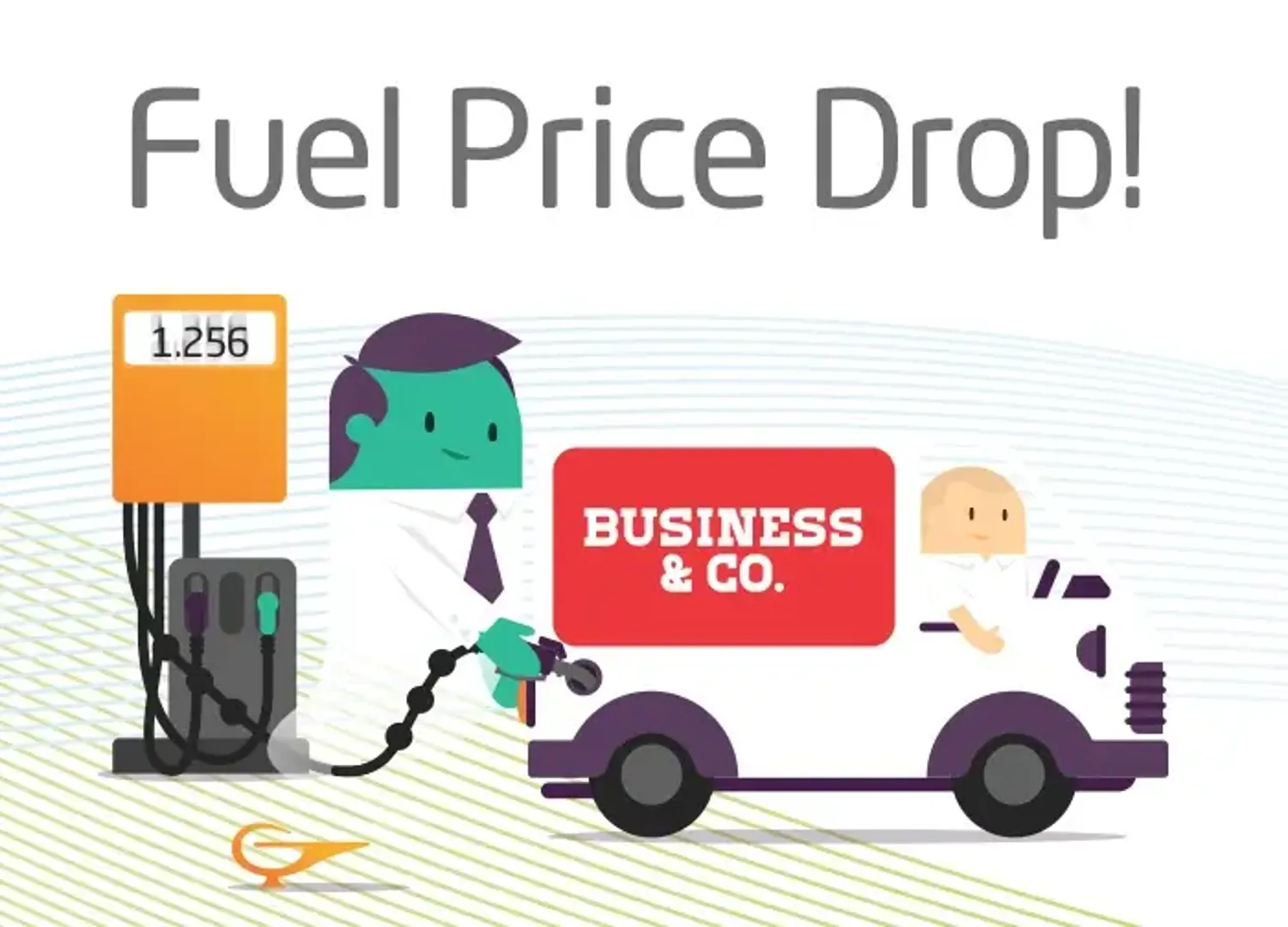
Good news for fleet operators as fuel prices hit new lows
Fuel prices have fallen again, impacting the UK’s latest inflation figures and providing some welcome relief for fleet operators up and down the country.
Taking advantage of the fuel price opportunities presented by our major supermarkets ensures the best possible levels of continued fleet profitability.
The supermarkets, including both Morrisons and Sainsbury’s, announced the decision to cut petrol prices by up to 1p per litre, and diesel by up to 2p per litre.
After a period of record increases last year, fuel prices began to fall in the autumn of 2018, with both diesel and petrol bills at the pump coming down more or less in line with wholesale costs.
The average UK fuel price (as at 17 January 2019) is 120p per litre (unleaded) and 128.8p per litre (diesel). However, we know that supermarkets often charge significantly less, with prices on average up to 3.2p lower than on other forecourts.
The lower price of supermarket fuel is a result of market power held by the companies, pricing competition among them and the desire to attract motorists into stores using temptingly low fuel prices as an enticement for shoppers.
UK fuel prices are made up of three component factors: taxes (fuel duty and VAT), production costs (drilling, refining and transporting) and company profit margins.
Diesel traditionally tends to be more expensive than petrol due to the fact that domestic refineries are less able to meet the demand for diesel. This means there is a need for more imports of diesel than of petrol.
However, diesel wholesale prices have begun to fall recently as a result of greater international supply, which is positive news for fleet operators.
Supermarket prices continue to be significantly lower than the overall average, making them the logical and cost-effective choice for fleets.


